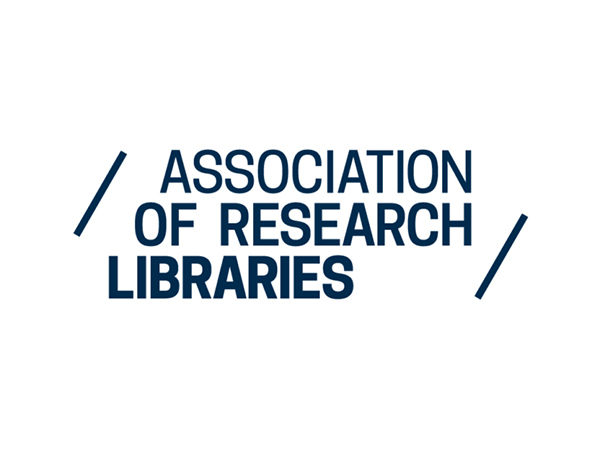No One Can Own the Law—So Why Is Congress Advancing a Bill to Extend Copyright to It? - Association of Research Libraries

🌈 Abstract
The article discusses the Protecting and Enhancing Public Access to Codes Act (Pro Codes Act), which aims to extend copyright protection to codes developed by standards development organizations (SDOs) and incorporated into laws. The article outlines the key points of debate around the bill, including:
- SDOs argue the bill would increase public access to the law by incentivizing them to provide online "reading rooms" for the standards.
- Public interest groups argue that once standards are incorporated into law, they should be in the public domain and freely accessible.
- The article discusses the legal precedents around fair use and the "government edicts doctrine" that supports public access to standards incorporated into law.
- The article also addresses flawed arguments made by supporters of the Pro Codes Act, such as it being an unconstitutional "taking" of SDOs' copyrights.
🙋 Q&A
[01] The Protecting and Enhancing Public Access to Codes Act (Pro Codes Act)
1. What is the key purpose of the Pro Codes Act?
- The Pro Codes Act aims to extend copyright protection to codes (such as building codes) developed by standards development organizations (SDOs) and incorporated into local, state, and federal laws.
2. What are the main arguments made by supporters and opponents of the Pro Codes Act?
- Supporters argue the bill would increase public access to the law by incentivizing SDOs to provide online "reading rooms" for the standards.
- Opponents argue that once standards are incorporated into law, they should be in the public domain and freely accessible. They cite legal precedents like the "government edicts doctrine" that supports this view.
3. What are some of the flawed arguments made by Pro Codes Act supporters?
- The claim that the bill would strike a balance between copyright law and public access, when in fact facilitating access is the constitutional purpose of copyright.
- The argument that incorporating standards is an unconstitutional "taking" of SDOs' copyrights, when SDOs actively lobby for their standards to be adopted.
- The claim that SDOs deserve a revenue stream for their contribution, when copyright law does not reward hard work, and SDOs can derive revenue from other sources.
[02] Legal Precedents and Constitutional Concerns
1. What are the key legal precedents discussed in the article?
- The "government edicts doctrine" established by the Supreme Court, which states that works created by government officials in the course of their duties are not copyrightable.
- The 2020 Supreme Court ruling in Georgia v. Public.Resource.Org, which affirmed that the public has a right to free access to the law.
- The 2023 ASTM v. Public.Resource.Org ruling, where the DC Circuit Court held that fair use permits posting of standards incorporated by reference.
2. What are the constitutional concerns raised about the Pro Codes Act?
- The bill may be unconstitutional under the First, Fifth, and Fourteenth Amendments, which guarantee the public's rights to read, share, and discuss the law.
- The Supreme Court has placed limits on legislatures' ability to expand copyright, as Chief Justice Roberts stated "no one can own the law."
Shared by Daniel Chen ·
© 2024 NewMotor Inc.